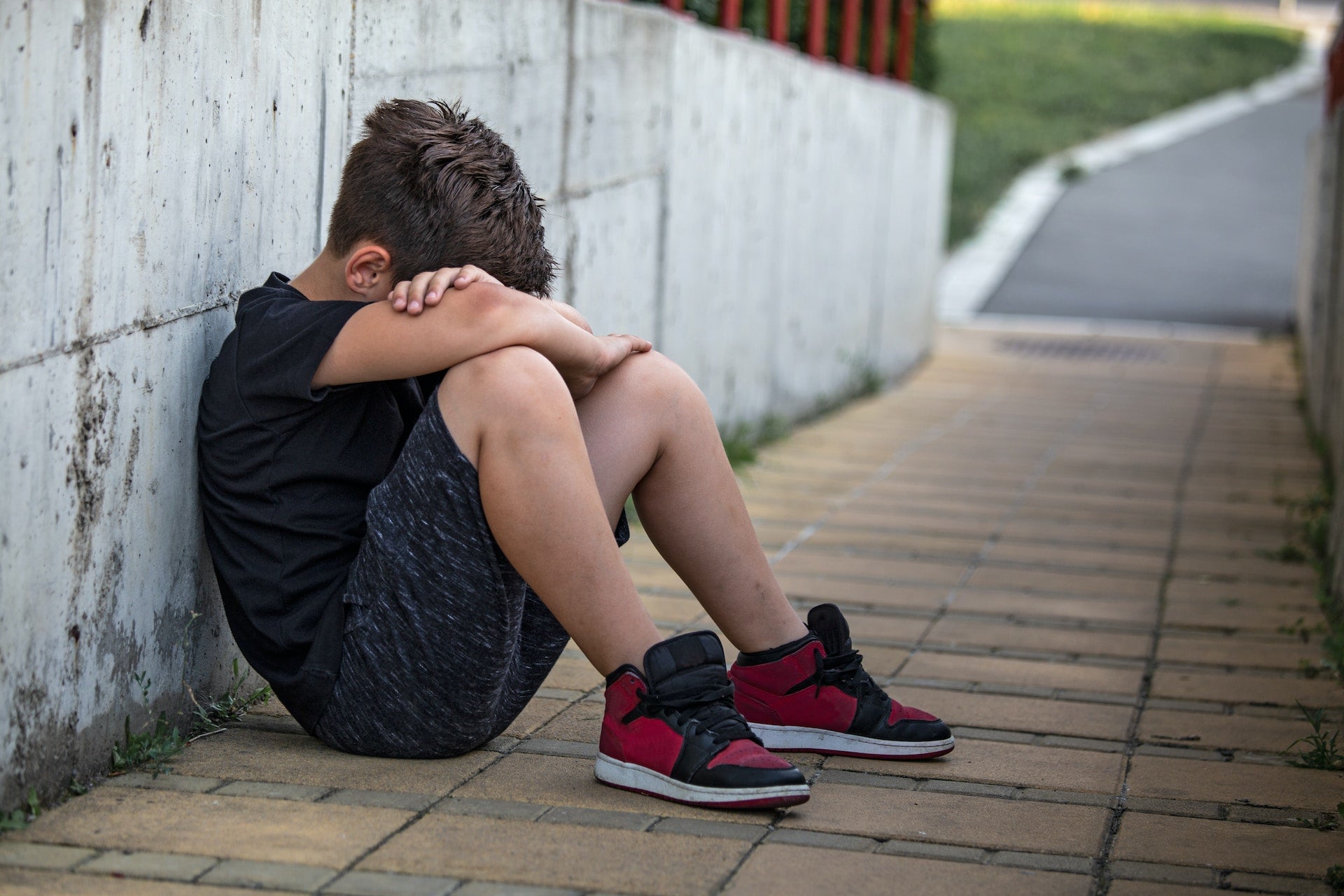Childhood is a pivotal time for individuals to develop healthy habits. When established at a young age, there is a higher likelihood that these healthy habits will stick well into adulthood. And years of taking such positive steps will translate into healthier outcomes.
In the words of the CDC, “establishing healthier behaviors to prevent chronic disease is easier and more effective during childhood and adolescence than trying to change unhealthy behaviors during adulthood.” As the well-known saying goes, old habits die hard.
For the children of low-income families, however, passing down healthy habits can be difficult. Not only can economic hardships make it hard for families to afford household essentials that support healthy habits, but these hardships can also negatively impact a child’s self-esteem and outlook on the world.
Here is a list of healthy habits that are more challenging to instill in low-income families.
Healthy Oral Health Habits
On the CDC’s website, you’ll find a series of suggested oral health tips for children. Make sure children brush their teeth twice per day using a fluoride toothpaste. Ask your child’s dentist to apply sealants when appropriate to protect teeth from germs and food.
On that same page, you’ll notice an alarming oral health statistic: children between the ages of 5 and 19 years old from low-income families are twice as likely to have cavities as compared to children that come from higher-income families.
When children don’t have access to basic oral health essentials like toothbrushes and toothpaste, they are naturally at a greater risk of developing cavities. But these issues are also a product of a lack of proper dental care from professionals.
Between 2009 and 2019, children in lower income households were less likely to have a dental visit in the past year versus children in households at 400% or more of the federal poverty level.
Healthy Bathing Habits
There are a number of reasons why bathing on a regular basis is important for children. While dirt may not be visible, bacteria can accumulate on the skin and cause infections if they enter the body through scrapes, cuts, and other small breaks in the skin.
At the same time, dead skin cells can accumulate on the scalp, causing itching and dandruff.
As younger children enter puberty, the issue of infrequent bathing can exacerbate themselves. While there’s still the risk of skin infections and scalp discomfort, sweat and smell come into play.
As their hormones develop and perspiration increases, adolescents are more prone to be teased for problems like body odor by their peers. This teasing can further lower their self esteem and lead to depressive symptoms over time.
Bath soap and shampoo, as well as deodorant, are some of the household essentials that are not covered by food stamps and SNAP. In light of this, they are more difficult for low-income families to access, which hinders the children of these families from forming healthy bathing habits at an early stage.
Healthy Thinking Habits
Early childhood is an ideal time to lay the foundation for developing a healthy mindset. While there are many different layers to good mental health, one of the biggest factors is reinforcing positive self-talk in children.
In addition to supporting a higher self esteem, research has shown that children with more positive narratives are more likely to have fewer negative thoughts and depressive symptoms.
In low-income families, instilling this idea of positive self-talk in children can be especially difficult as parents and caregivers can find it difficult to follow this narrative themselves.
Numerous studies have highlighted a link between financial worries and mental health concerns. Stress can lead to anxiety and depression that makes it harder for individuals to manage their money and also causes them to miss out on income from work because of the mental concerns they face.
When you put these financial concerns into the context of struggling to afford basic household goods, stress mounts and the more difficult it becomes for parents and caregivers to pass down healthy thinking habits to their children.
This tends to leave children in a gray area where they develop negative thought patterns that can cause them to sabotage their own efforts and dwell on the negative versus the positive in any situation.
Join Us In Helping More Children Build Healthy Habits
At Provision Promise, we recognize the value in supplying low-income families with basic household items to support the development of healthy habits in children.
That’s why we’re raising funds and partnering with local food banks to provide this population in need with better access to toothpaste, toothbrushes, bath soap, shampoo, deodorant, and other personal care essentials.
It’s these kinds of small donations that have the power to make a big difference in the lives of low-income families.









Leave a comment